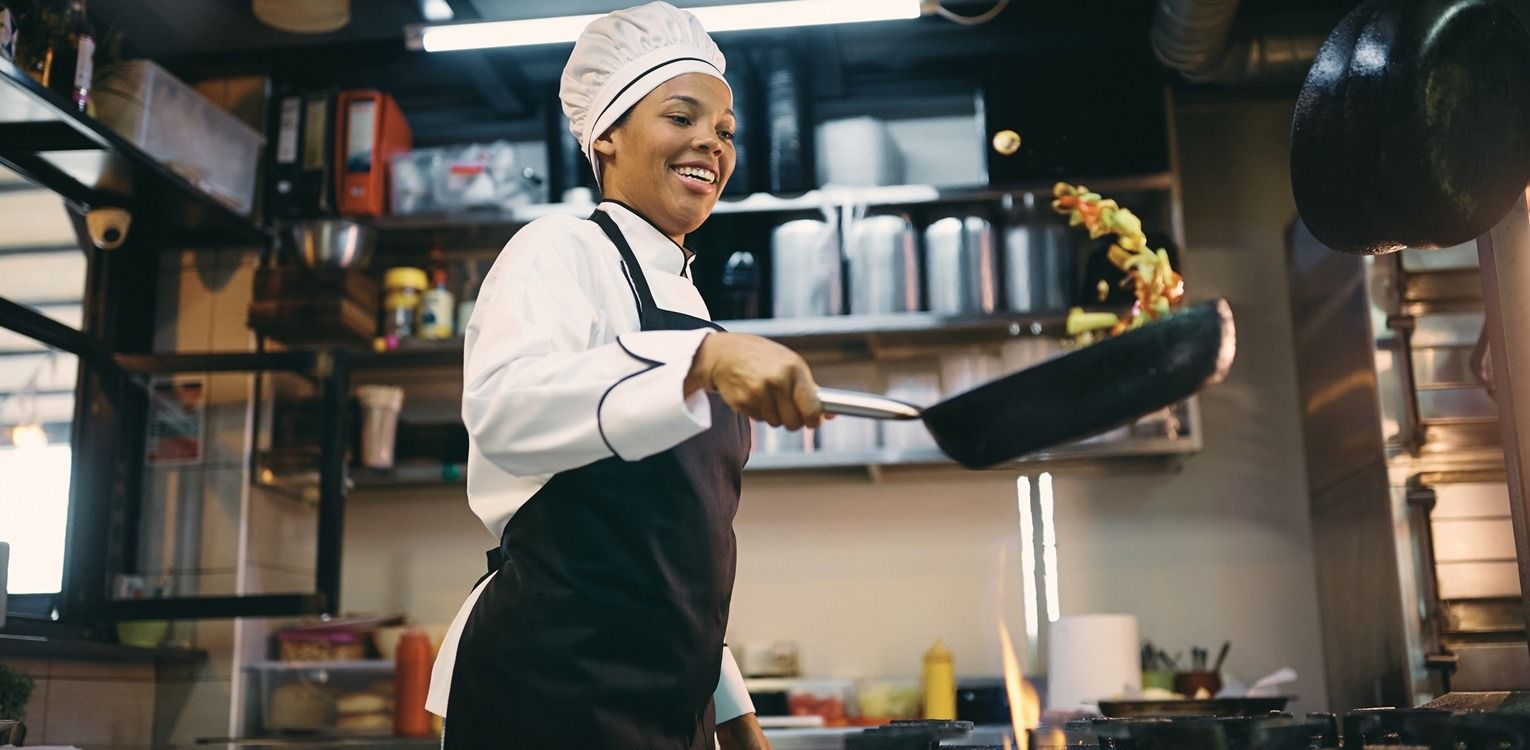The culinary sector offers a wide range of exciting opportunities for aspiring Chefs. From entry-level positions to high-ranking executive roles, the profession caters to various skill levels and ambitions. Whether working in fine dining, casual eateries, or catering services, Chef jobs play a vital role in delivering exceptional dining experiences. The UK’s vibrant hospitality industry provides a dynamic environment for Chefs to grow, with opportunities for full-time, part-time, and flexible work tailored to diverse kitchen careers.
Explore Chef Jobs by Role
The role of a Chef encompasses a variety of positions, each offering unique responsibilities and growth opportunities. Below is an overview of key Chef roles in the UK.
Entry-Level Chef Positions
Entry-level positions such as Commis Chef roles are perfect for those starting their culinary journey. Responsibilities often include food preparation, maintaining hygiene standards, and supporting senior kitchen staff. These roles are ideal for gaining foundational skills and experience in professional kitchens.
Head Chef Positions
Head Chefs, or Executive Chefs, oversee all aspects of kitchen operations, from menu planning to staff management. This leadership role demands exceptional organisational skills, creativity, and the ability to deliver consistent quality. Head Chef positions represent the pinnacle of a culinary career, often found in high-end restaurants and luxury hotels.
Specialist Chef Roles
Specialist Chefs focus on particular cuisines or techniques, such as Pastry Chefs, Sushi Chefs, or Private Chefs. These roles cater to individuals with a passion for honing specific skills, offering opportunities to work in niche culinary settings or for exclusive clients.
Chef Jobs by Contract Type
The flexibility of Chef jobs in the UK allows professionals to choose positions that suit their lifestyle and career aspirations. Below are common contract types available.
Full-Time Chef Jobs
Full-time Chef roles provide stability and the chance to fully immerse in a kitchen environment. These positions often include benefits, such as paid holidays, and opportunities for career advancement.
Part-Time and Flexible Chef Roles
Part-time Chef jobs are ideal for those balancing other commitments. Flexible working arrangements, such as evening or weekend shifts, are increasingly available, making these roles suitable for students, parents, or those seeking work-life balance.
Temporary and Agency Chef Jobs
Temporary chef positions are perfect for those looking to gain diverse experience or fill employment gaps. Agency Chefs can work across different establishments, from catering companies to fine dining venues, providing valuable networking opportunities and a varied work environment.
Chef Jobs by Setting
Chef roles vary significantly depending on the setting, with each venue offering distinct responsibilities, working environments, and rewards.
Care Home Chef Jobs
Chefs in care homes play a vital role in supporting the health and wellbeing of residents through nutritious and well-balanced meals. Menus must be tailored to dietary requirements, allergies, and cultural preferences. Care Home Chef roles suit compassionate individuals who value routine, consistency, and making a positive impact on vulnerable people.
Hospital Chef Jobs
Hospital Chefs prepare meals for patients, staff, and visitors within strict hygiene and nutritional standards. The work is generally fast-paced and highly regulated, with a strong focus on special diets and medical requirements. Attention to detail, flexibility, and the ability to work under pressure are all essential for people in Hospital Chef positions.
Restaurant Chef Roles
Restaurant Chef roles, including Sous Chef roles and Chef de Partie jobs, take on more specialised tasks in the kitchen. These roles require expertise in specific culinary techniques, menu development, and team leadership. Working in restaurants offers Chefs the opportunity to refine their skills in a fast-paced, creative environment.
School Chef Jobs
Chefs in schools provide healthy meals to children to support both their growth and their learning. The role involves menu-planning within budgets, while meeting governmental guidelines on nutrition, as well as catering for allergies and intolerances. Working hours for School Chef jobs are typically term-time and during the daytime, making it an attractive option for those seeking a work-life balance.
Chef Jobs FAQ
What Do Chef Jobs Involve?
Chef jobs involve preparing and cooking meals, maintaining kitchen standards, and collaborating with a team to deliver high-quality dining experiences.
What Qualifications Do I Need to Be a Chef?
While formal qualifications like NVQs in Professional Cookery can be beneficial, many Chefs start with hands-on experience or apprenticeships.
How Much Can I Earn as a Chef?
Chef salaries in the UK vary widely, ranging from £20,000 for entry-level roles to over £50,000 for executive positions, depending on experience and location.
Are There Flexible Chef Jobs Available?
Yes, flexible Chef roles are increasingly common, with options such as part-time work, temporary contracts, and agency placements available across the industry. This is also true of other jobs within the kitchen career path.




